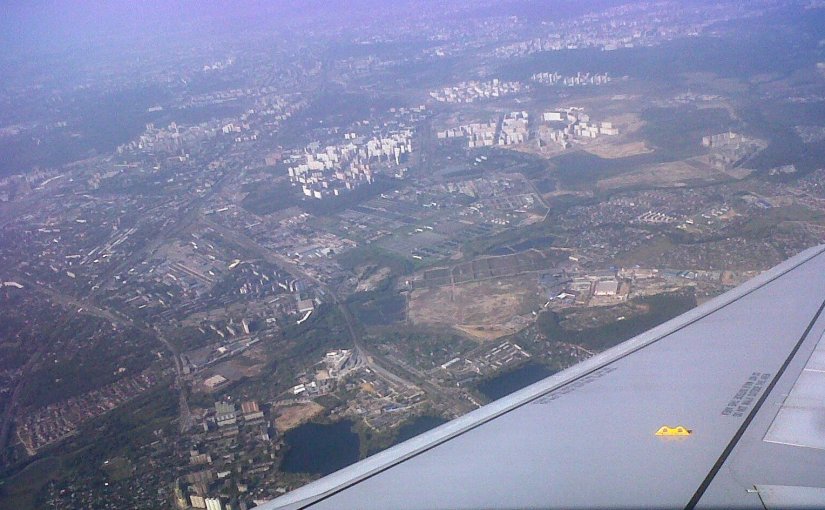One does not need to be an economist to see that these are hard times in Russia, especially for pensioners (like my mother and father). Western sanctions and the plunging price of oil have meant that prices in Moscow have risen and these, plus the sneaky new ‘taxes’ the government has introduced, have made life difficult for those on fixed incomes (pensions have recently been frozen so there is no way Russia’s senior citizens can escape the rampant inflation).

A number of Russian businesses have realised how tough life is for older Russians. Some shops have special deals for senior citizens: in the cheap-ish chain “Piatiorochka” (“Little Five”) pensioners get a small (5-10% depending on the goods) discount if they do their shopping in the morning before 1pm (only six months ago it was 2pm). And, of course, they still get to travel for free on buses, trams, trolley buses and the Metro, which is great.
But even public transport in Moscow hasn’t been immune from the cut-backs. There are definitely fewer buses on the roads, so the queuing time has lengthened. One other funny thing is that the bus routes have been changed in a most peculiar way. Going into the city centre, the bus I take – Bus 774 – stops near the tube station I need to use to get on the Metro. However, coming back from the city centre you find that Bus 774 doesn’t stop at that station. Err…? I always thought it a general rule that a bus has two stops at approximately the same place: one to go to one direction and one to go in the opposite direction. I am not sure what the bus route planners of the Babushkinsky district were thinking about when they introduced those changes. Perhaps, they don’t use buses. I have a general understanding of modern life that designers don’t use the things they design: that’s why ironing boards are never wide enough, vacuum cleaners are utterly unmanageable … and bus routes totally illogical (or maybe this is to confuse foreign spies?).
To make life even more difficult for pensioners a new tax was introduced as from July last year, the so-called fee for “capital refurbishment”, i.e., for the upkeep of the block of flats in which you live. This had proved very unpopular especially as the tax in Moscow is levied at 15 Roubles per square metre of your flat whilst, say, in St Petersburg the rate is only 2 Roubles per square metre. All I can think by way of explanation for this difference is that the Moscow authorities believed they were going to harvest a fortune from the Muscovites who have huge incomes and huge flats in the centre of Moscow. For ordinary people though this additional payment to the government is almost unbearable.
Hard times or no, Russia is chuntering on. There is still lots of food and drink in the shops, including various types of cheeses and wines produced locally. Russia’s close neighbours ‒ countries like Azerbaijan ‒ are delighted about the sanctions: now they are taking up the space in the market previously occupied by the Poles who have literally been fighting (okay, demonstrating) against the sanctions – something that has not been covered by the Western media.
Russians are survivors. And it is not all doom and gloom: in the next couple of posts I will be writing about dacha life – what can be more fun than remembering summer!
